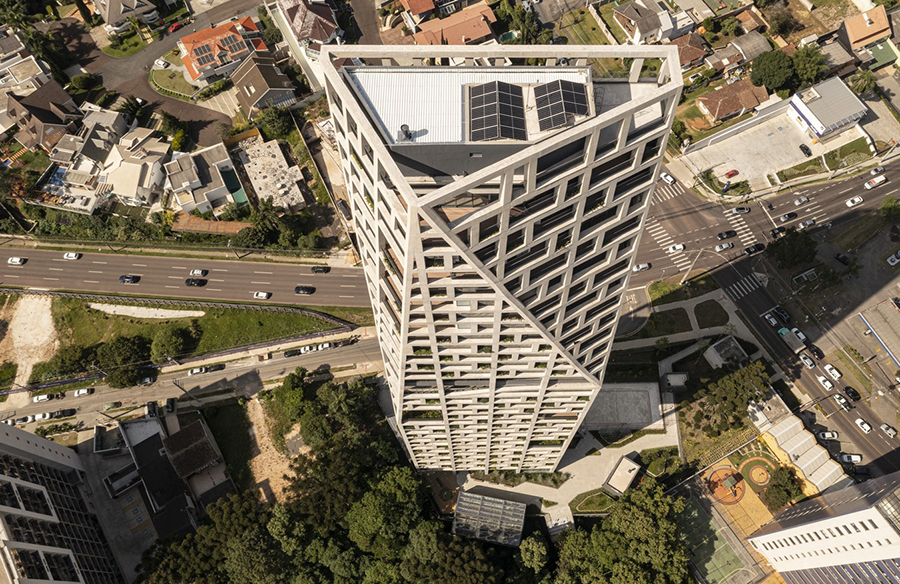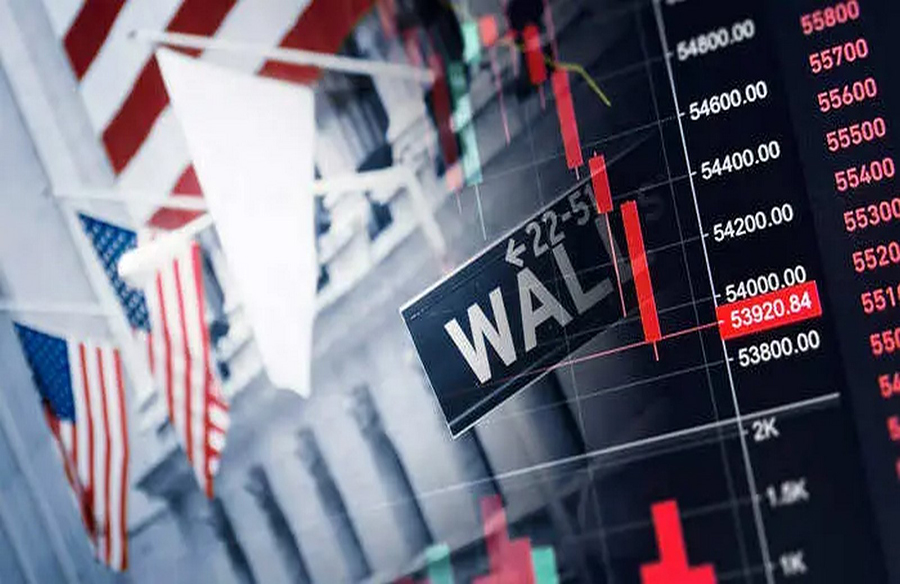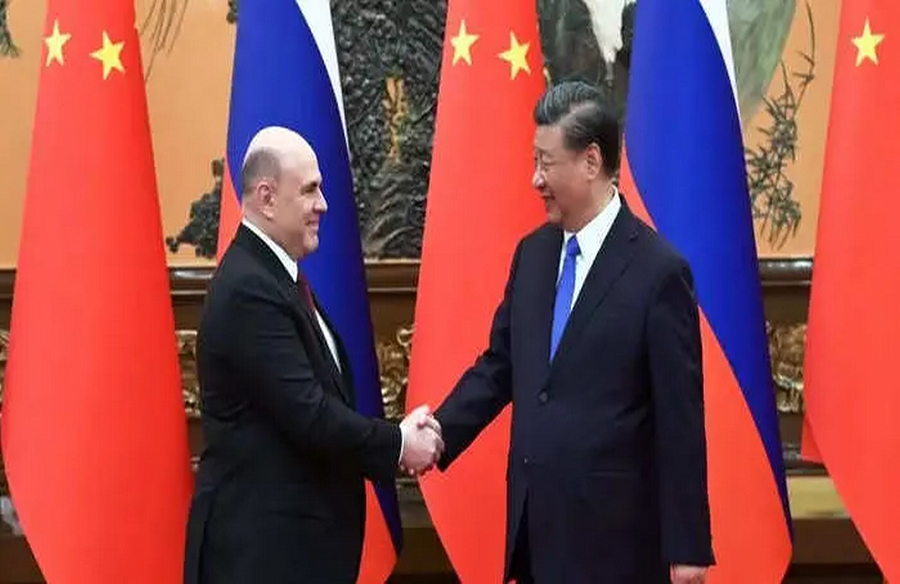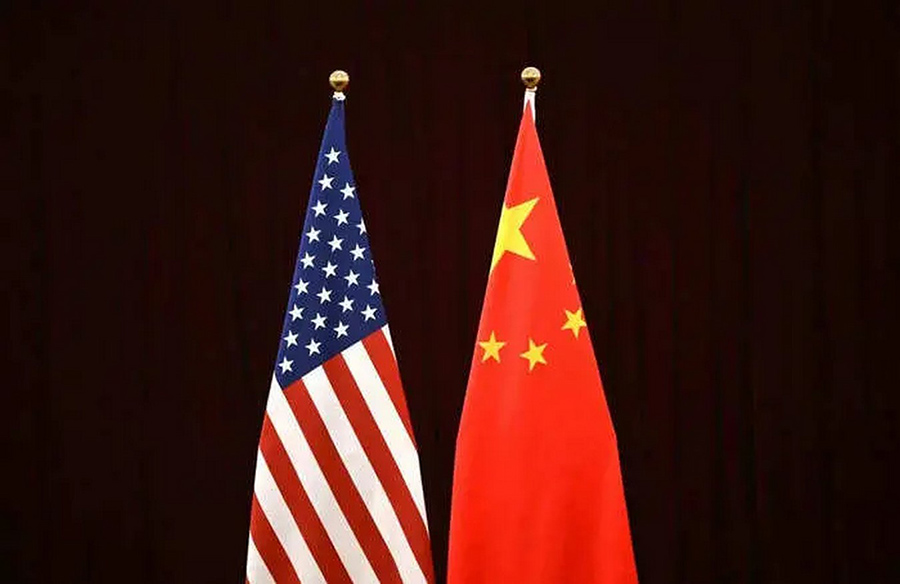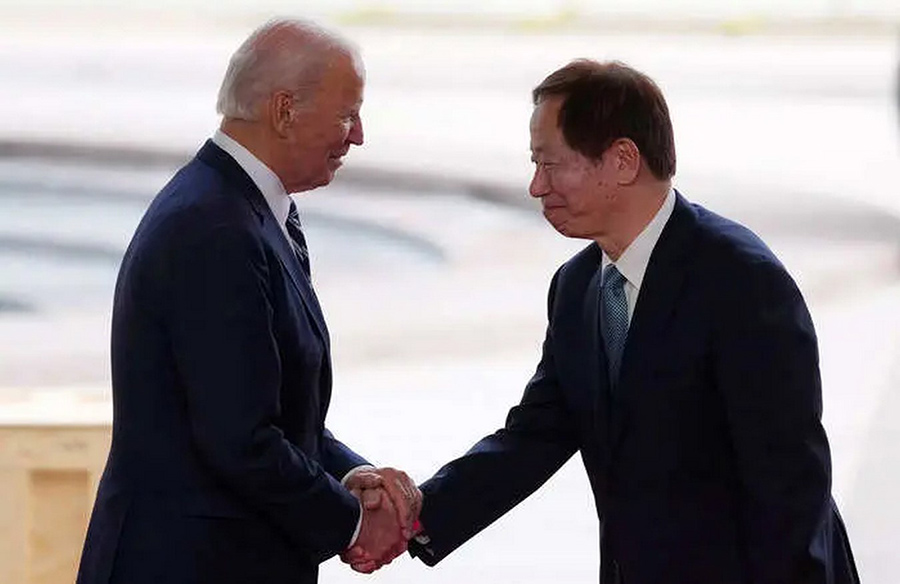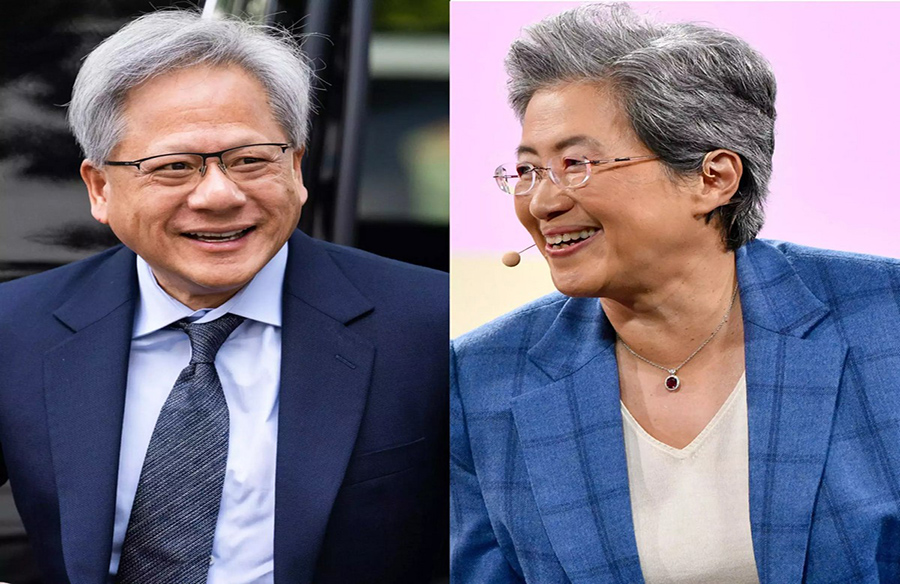China’s Market Crackdown Raises Concerns

Recent efforts by Beijing to stabilize Chinese stock markets through regulatory measures have raised concerns among investors, signaling a familiar pattern of intervention without addressing underlying issues.
The latest measures, including restrictions on short-selling and quant trading funds, aim to bolster China and Hong Kong’s stock markets, which have experienced significant declines since their peak in 2021. While these actions may provide temporary relief, they raise doubts about China’s long-term market stability and investor confidence.
China’s previous crackdown on private sector enterprises resulted in substantial losses in the tech sector and diminished investor trust. Despite attempts to regain investor favor, stock prices have yet to recover fully.
The current restrictions on short selling and quant transactions have elicited frustration among traders and are likely to dampen investor enthusiasm. George Boubouras, head of research at K2 Asset Management, noted that Beijing’s actions signal a lack of tolerance for market transparency, further eroding investor trust.
Although China’s securities regulator has emphasized its focus on curbing illegal activities rather than interfering with trading, the heavy-handed approach to market oversight exacerbates existing investor apprehensions.
Economists emphasize the importance of restoring private-sector confidence and implementing comprehensive economic reforms to foster a robust post-pandemic recovery. Eswar Prasad, a professor at Cornell University and former IMF official, highlights the need for a broad reform framework to address China’s economic challenges effectively.
Despite these concerns, Hong Kong’s Hang Seng Index and the blue-chip CSI300 continue to face downward pressure, reflecting ongoing market volatility and uncertainty. As China grapples with economic restructuring and market stabilization efforts, the path to sustained recovery remains uncertain.


 English
English 

